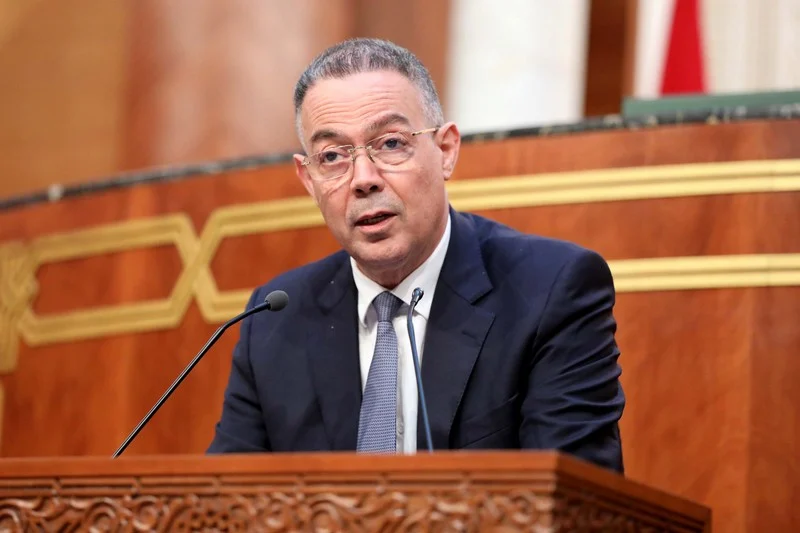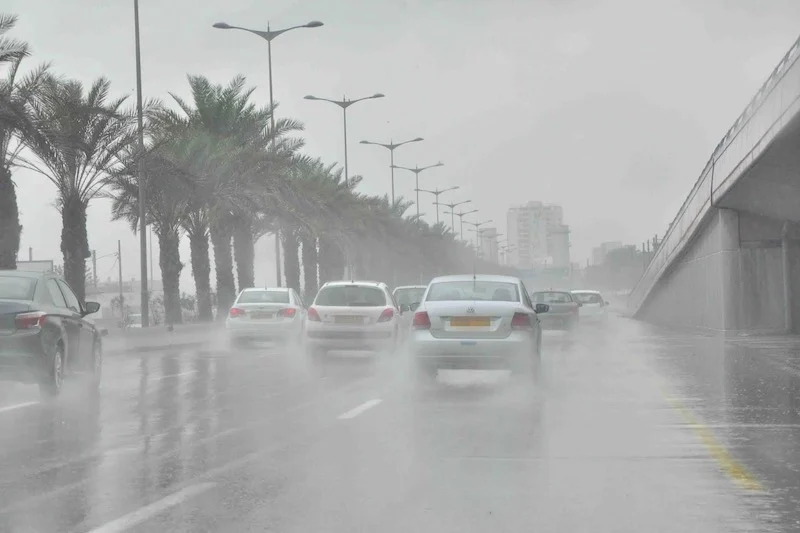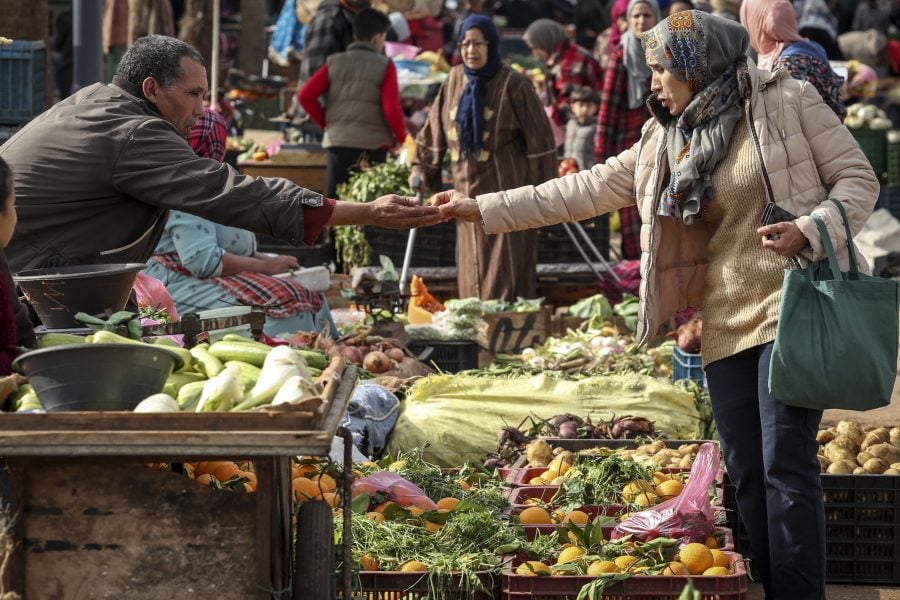Budget minister, Faouzi Lekjaa said the Monday in Parliament the government has reduced the tax burden on businesses and citizens by streamlining incentives, cutting unnecessary measures worth 8.2 billion dirhams, and implementing gradual reforms in corporate tax and VAT.
He said these changes have boosted revenues, reduced tax evasion, and helped manage the impact of global price fluctuations on subsidies for essential goods like butane gas.
These rationalization efforts have led to a decrease in tax expenditures as a share of GDP, dropping from 2.9% in 2022 to 2.1% in 2024, he said.
He also discussed reforms under the 2023 Finance Law, which aimed to unify corporate tax rates and increase contributions from large businesses, alongside gradual reductions in withholding taxes on profits. These measures helped corporate tax revenue rise by 14.3%, totaling 76.8 billion dirhams by the end of 2024.
In addition to corporate tax reforms, Lekjaa outlined VAT reforms aimed at aligning rates to 10% and 20% over three years, with the goal of making the tax system more neutral for businesses while extending exemptions for basic products to ease the cost for citizens.
The government also expanded VAT coverage to include the informal sector and fought tax evasion, leading to a 20.8% increase in VAT revenue, totaling 61.6 billion dirhams by December 2024.
The positive impact of the withholding tax system for VAT, which generated 1.7 billion dirhams in less than five months.
Income tax reforms also contributed to a 9.2% increase in payroll taxes in 2023, twice the average growth rate for this tax. Withholding taxes on bonuses provided sustainable revenue, reaching 1.8 billion dirhams in 2024, while reducing tax evasion and stabilizing long-term revenues.
In response to the Court of Auditors’ concerns about subsidies, Lekjaa noted that global price fluctuations, particularly in essential goods like butane gas, have increased the cost of subsidies.
The price of butane gas rose from $423 per ton in 2019 to $559 in 2024, and in 2022, it reached its highest point at $739 per ton. Consequently, the government adjusted the annual subsidy for a 12-kilogram gas cylinder, increasing it from 45 dirhams in 2019 to 69 dirhams in 2023, before reducing it to 62 dirhams in 2024.





